The legislative push towards battery-powered electric vehicles has taken hold across most of the world. Indeed, the demands of the European Union’s new car fleet CO2 emissions requirements for 2025 and 2030 leave manufacturers no option but to build significant numbers of EVs in the future.
There are also tough EV targets in place in China, forcing car firms to react. Volkswagen, scarred by the Dieselgate scandal, is going even further by taking a huge bet on mass-manufacturing EVs from next year.
There’s no doubt that travelling in EVs has a smaller CO2 footprint than even the best internal combustion engine cars because the efficiency of a battery-electric drivetrain is around three times that of a normal petrol car and more than twice that of the latest Toyota Prius hybrid.

But, ultimately, much depends on the nature of the electricity generation that is feeding the battery pack in question. Plugging in an electric car makes most environmental sense in Norway, Sweden and France, thanks to hydropower and nuclear power respectively.

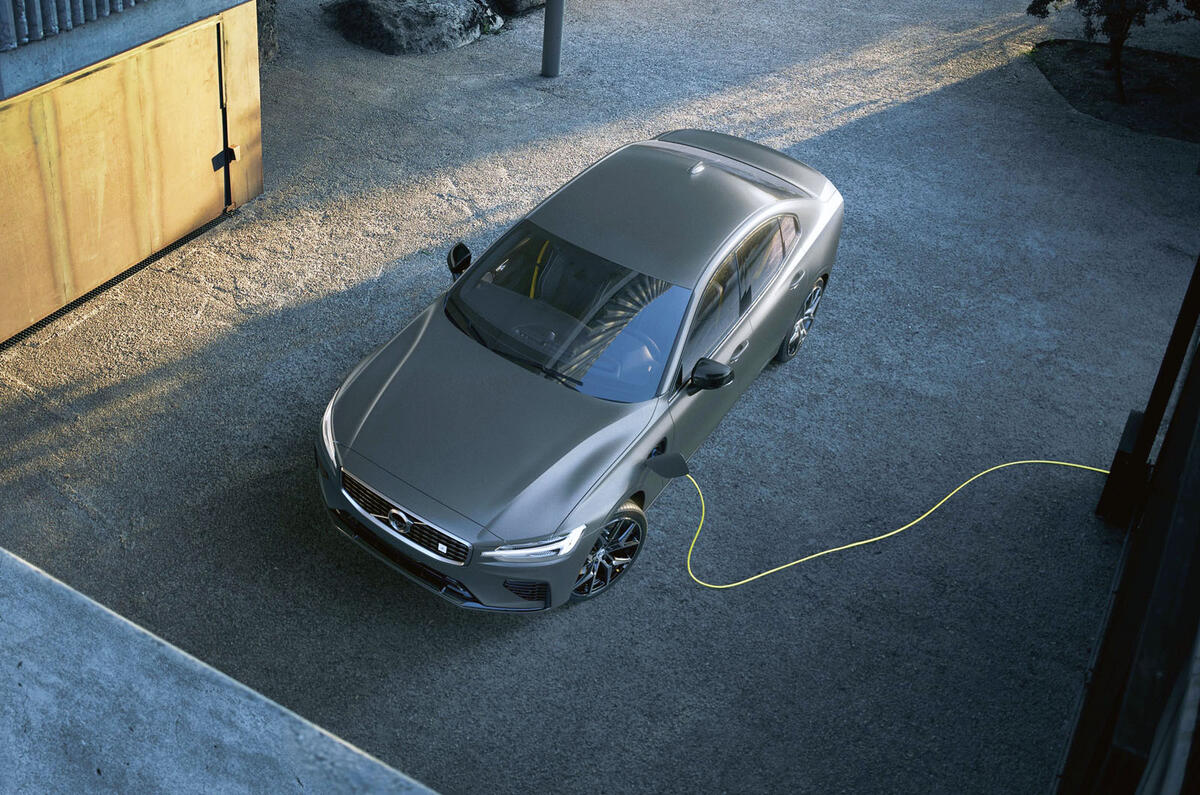

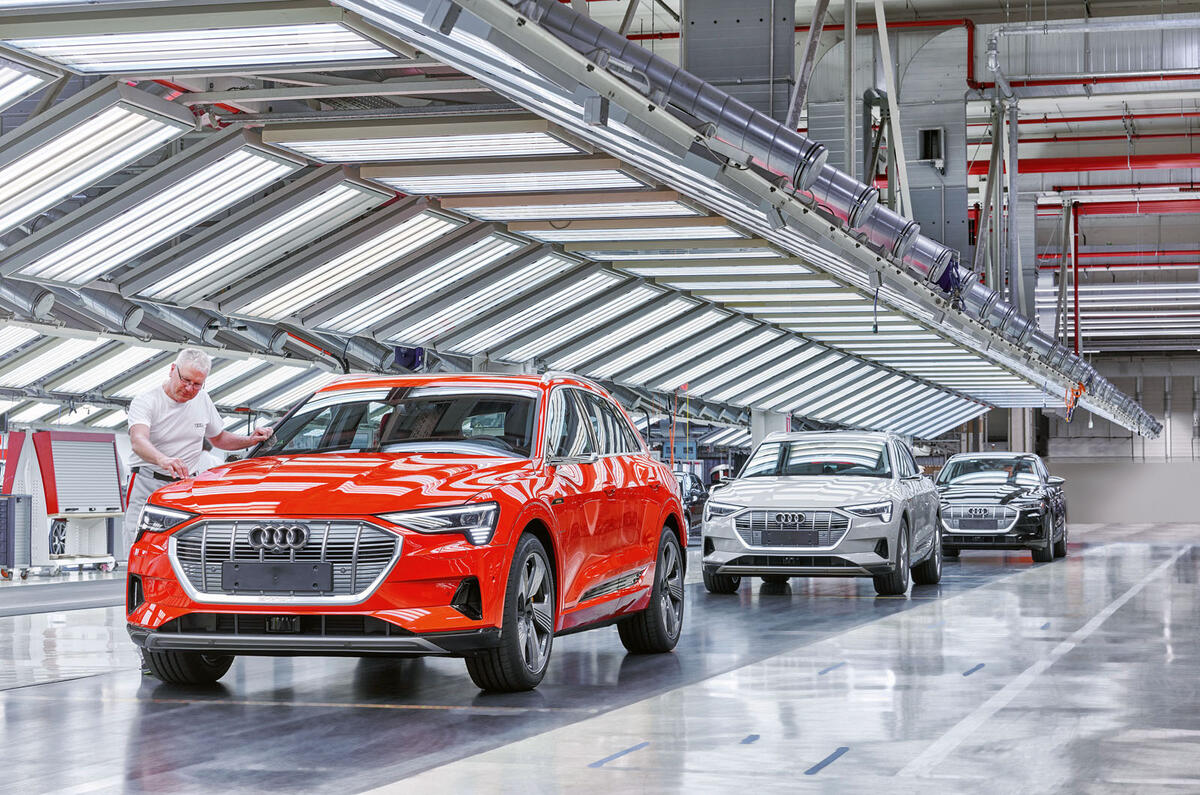

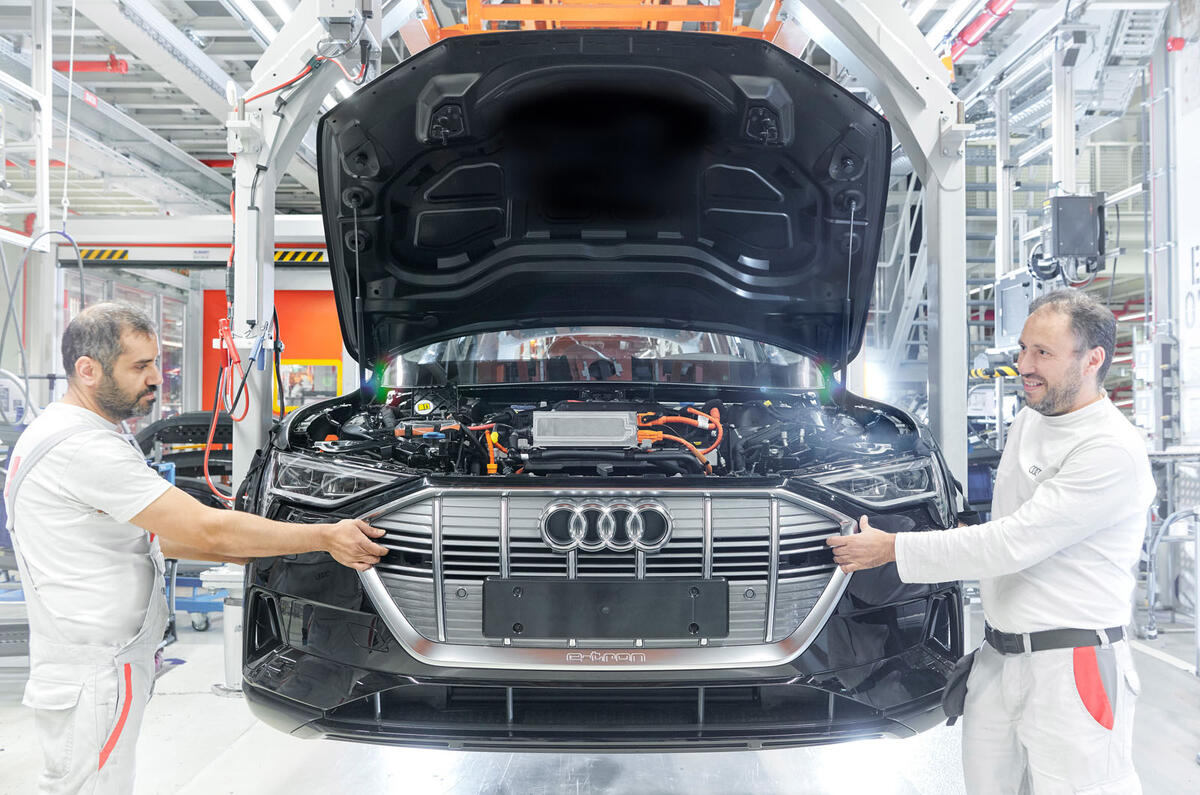








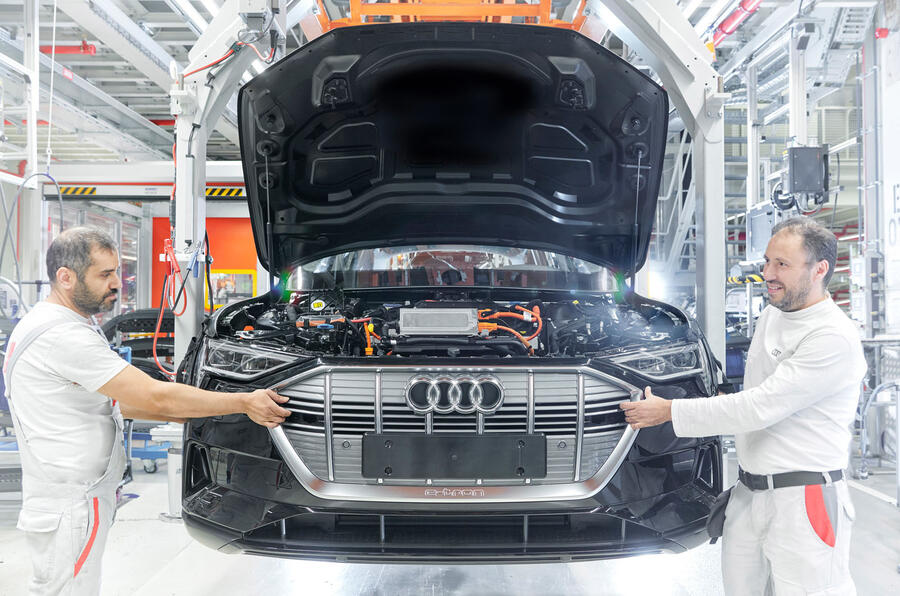
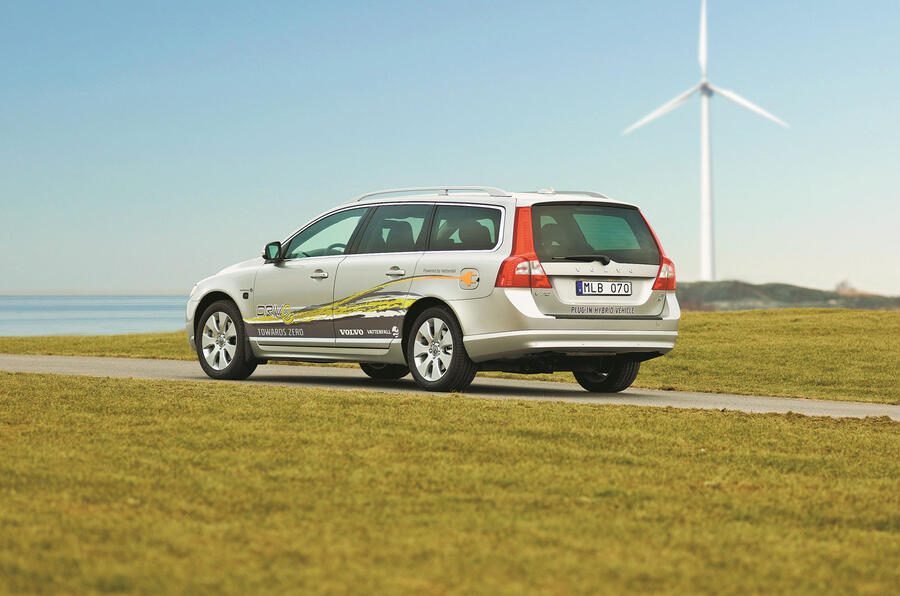
Join the debate
Aussierob
Somewhat misses the point
While I accept that CO2 emissions over the whole life of the vehicle, including manufacture, is really important and that it’s far from clear what the answer to this is, the second advantage is incontrovertible: zero local gaseous emissions while the vehicle is in use. Cleaning up the air in our towns and cities is just as important as reducing greenhouse gases.
Robbo
Aussie Rob - a view from down under
Add your comment